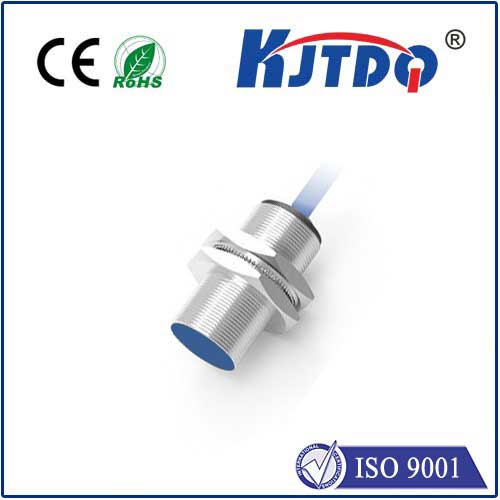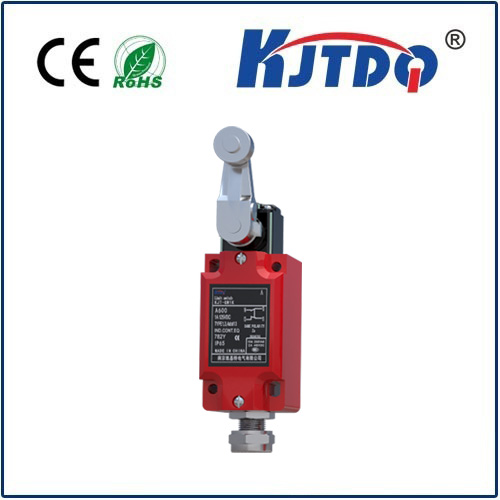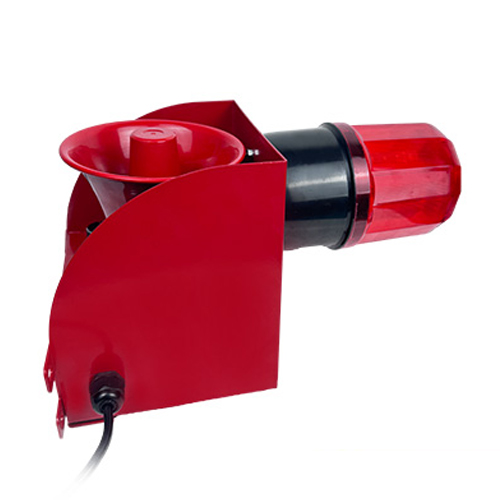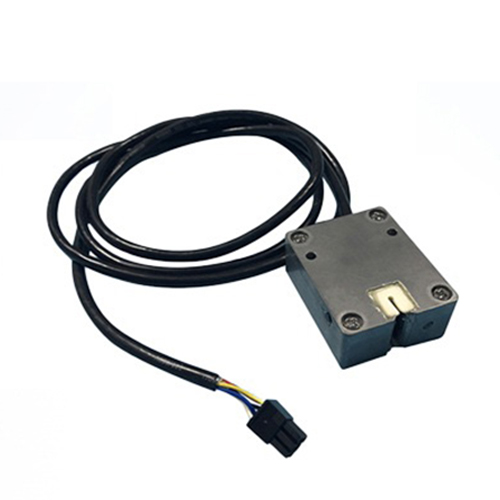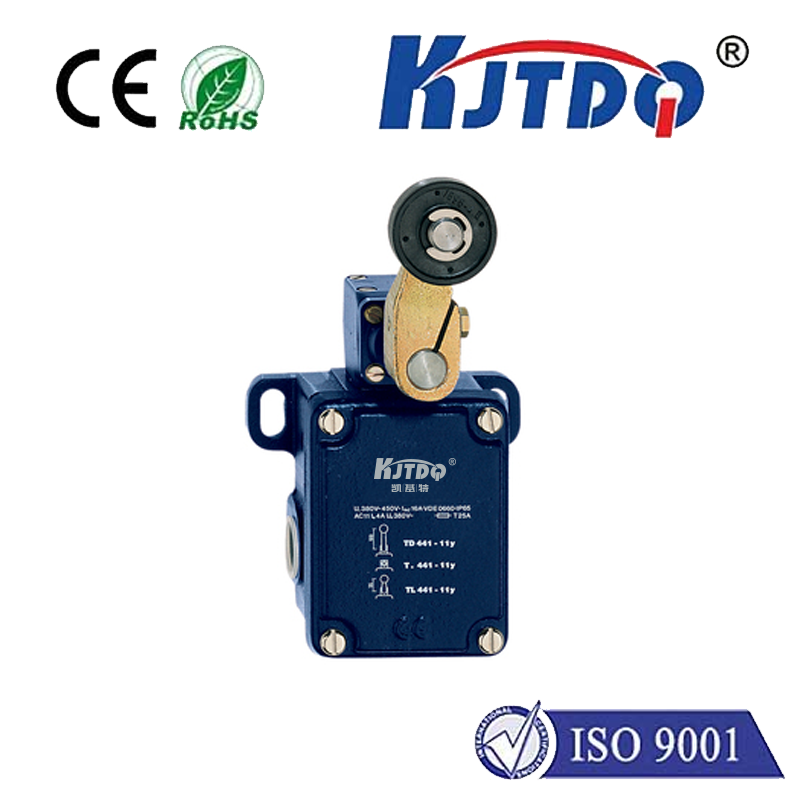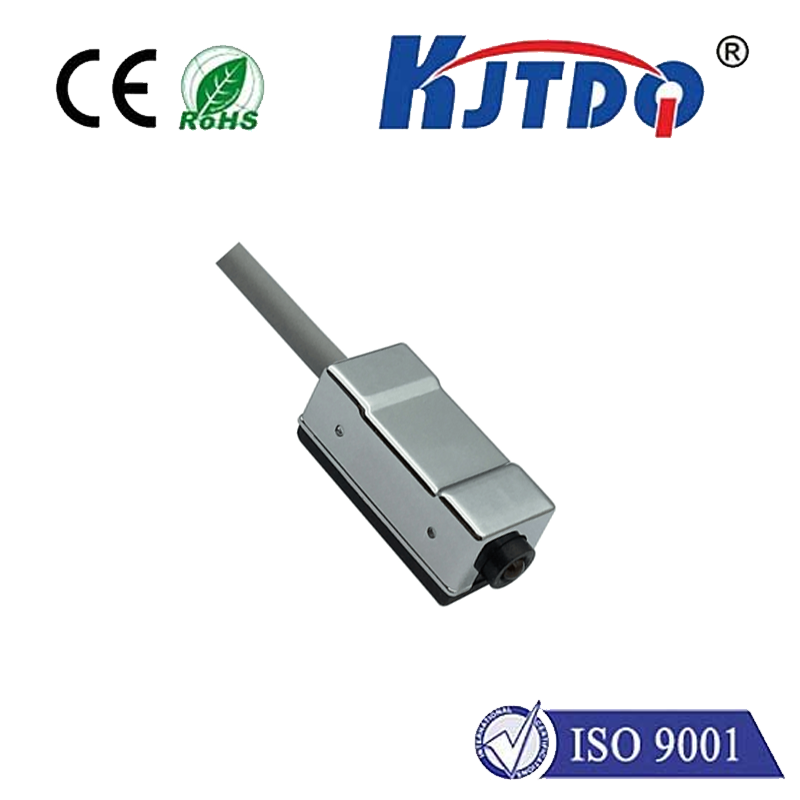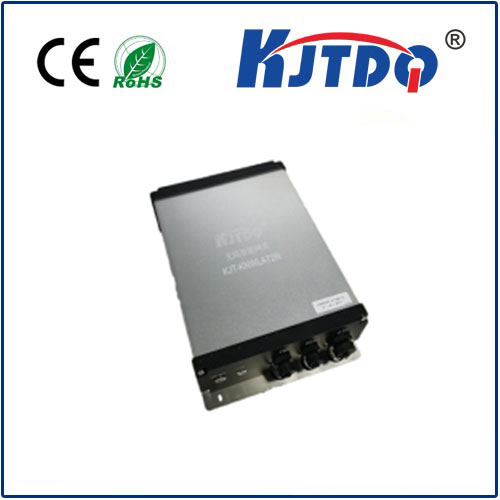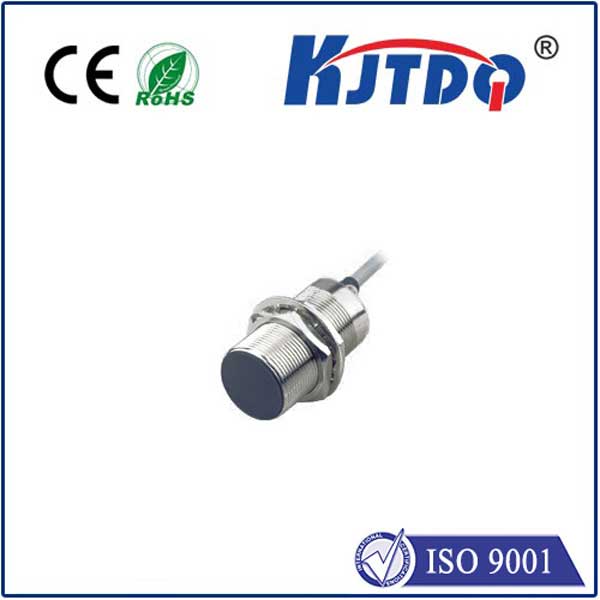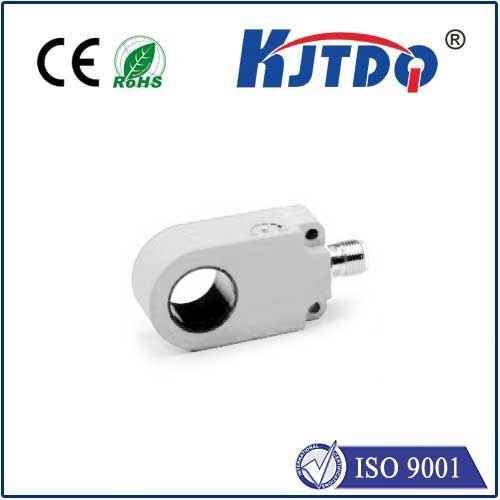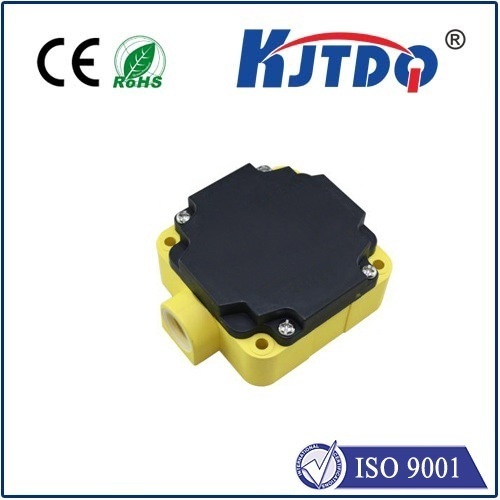

check

check

check

check
Car Radar Sensor: Enhancing Safety and Efficiency in Modern Vehicles
In the ever-evolving world of automotive technology, the car radar sensor has become an essential component in ensuring safer and more efficient driving. As vehicles become more advanced, the integration of radar technology into car systems has revolutionized how drivers interact with their cars and the surrounding environment. A car radar sensor is not just a simple device; it is a sophisticated system designed to detect and respond to objects in the vehicle’s vicinity, providing crucial information for both safety and performance.
The primary function of a car radar sensor is to detect objects in the air, such as other vehicles, pedestrians, and obstacles. By emitting electromagnetic waves and measuring the time it takes for them to bounce back, the sensor can calculate the distance and speed of these objects. This information is then processed by the vehicle’s control system, allowing the car to take appropriate actions. For example, if the sensor detects an object within a certain range, the car may automatically apply the brakes or adjust its speed to avoid a collision.

Radar sensors are widely used in various automotive applications, including anti-lock braking systems (ABS), adaptive cruise control, and automatic emergency braking (AEB). These systems rely on the radar sensor to provide real-time data, enabling the vehicle to react quickly and efficiently to potential hazards. In addition, radar sensors are also used in autonomous driving systems, where they play a critical role in object detection and navigation.
One of the most significant advantages of car radar sensors is their ability to operate in various weather conditions. Unlike cameras, which can be affected by fog or rain, radar sensors can detect objects regardless of the environment. This makes them particularly valuable in adverse weather conditions, where visibility is low and traditional sensors may not function effectively.
Moreover, the integration of radar sensors into modern vehicles has led to improvements in fuel efficiency and safety. By enabling the car to maintain a safe distance from other vehicles and anticipate potential collisions, radar sensors contribute to reduced accident rates and lower emissions. This is especially important in the context of environmental regulations and the push for more sustainable transportation.
As automotive technology continues to advance, the role of radar sensors is likely to expand. Future developments may include more advanced sensor technologies, such as lidar and AI-driven systems, which could further enhance the capabilities of car radar sensors. However, the fundamental role of radar sensors in detecting and responding to objects in the vehicle’s surroundings remains unchanged.
In conclusion, the car radar sensor is a vital component in modern vehicles, playing a crucial role in enhancing safety, efficiency, and performance. As technology continues to evolve, the importance of radar sensors will only grow, ensuring that vehicles remain safe and reliable on the road.
